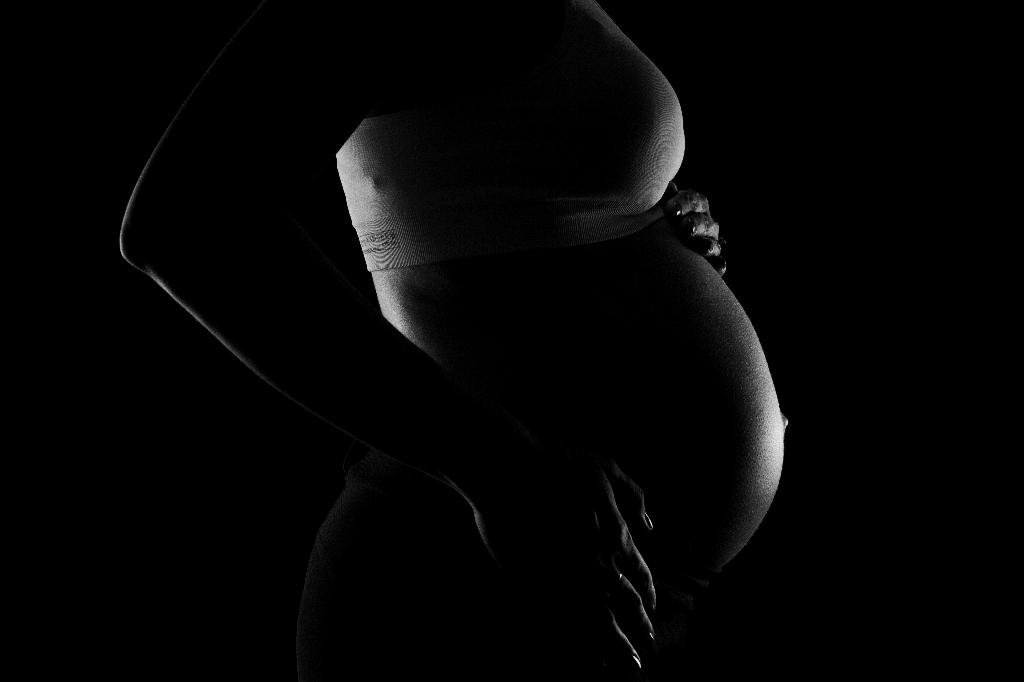During pregnancy, the presence of protein in urine can be an indication of various underlying health issues that require attention and medical intervention. It is essential to understand the potential causes of proteinuria during pregnancy to ensure the well-being of both the mother and the developing baby.
Urinary Tract Infections
One common cause of excessive protein in urine during pregnancy is urinary tract infections (UTIs). UTIs can lead to inflammation and irritation in the urinary tract, resulting in the leakage of protein into the urine. Proper diagnosis and treatment of UTIs are crucial to prevent complications during pregnancy.
Preeclampsia and High Blood Pressure
Another significant factor that can contribute to proteinuria during pregnancy is preeclampsia, a condition characterized by high blood pressure and the presence of protein in the urine after 20 weeks of pregnancy. Preeclampsia can be a serious complication that requires close monitoring and timely management to avoid adverse outcomes for both the mother and the baby.
Kidney Problems
Issues with the kidneys, such as kidney infections or pre-existing kidney disease, can also lead to the excessive excretion of protein in the urine during pregnancy. Kidney problems can impair the organ’s ability to properly filter waste products, including protein, leading to its presence in the urine.
Prenatal Monitoring
Regular prenatal visits include urine tests to monitor the levels of protein and detect any abnormalities early on. This proactive approach allows healthcare providers to identify potential issues and implement appropriate interventions to safeguard the health of both the mother and the baby.
Early Detection and Intervention
Early detection of protein in urine during pregnancy is critical in addressing the underlying causes promptly. Timely intervention can help prevent complications, such as preterm birth, low birth weight, and other adverse outcomes that may result from untreated conditions associated with proteinuria.
Consulting a Healthcare Provider
It is essential for pregnant individuals to communicate any concerns or symptoms, including changes in urinary patterns or the presence of protein in their urine, to their healthcare provider. Open and honest communication can facilitate early diagnosis and appropriate management of potential health issues.
Monitoring Blood Pressure
Regular monitoring of blood pressure is crucial during pregnancy, as hypertension is closely linked to the development of preeclampsia, a condition that often presents with proteinuria. Controlling blood pressure levels through lifestyle modifications or medications can help reduce the risk of complications.
Managing Underlying Conditions
Managing underlying health conditions, such as UTIs, kidney problems, or hypertension, is essential in mitigating the risk of proteinuria during pregnancy. Healthcare providers may recommend specific treatments or interventions tailored to individual needs to ensure a healthy pregnancy.
Importance of Follow-Up Care
Follow-up care and ongoing monitoring are crucial for pregnant individuals diagnosed with proteinuria to assess treatment effectiveness and address any new developments. Regular check-ups and adherence to medical recommendations can optimize maternal and fetal health outcomes.
Conclusion
In conclusion, protein in urine during pregnancy can result from various factors, including urinary tract infections, preeclampsia, and kidney problems. Understanding the potential causes and seeking timely medical attention are vital in ensuring a safe and healthy pregnancy. Through proactive monitoring, early detection, and appropriate management, healthcare providers can support expecting mothers in navigating potential challenges associated with proteinuria.

